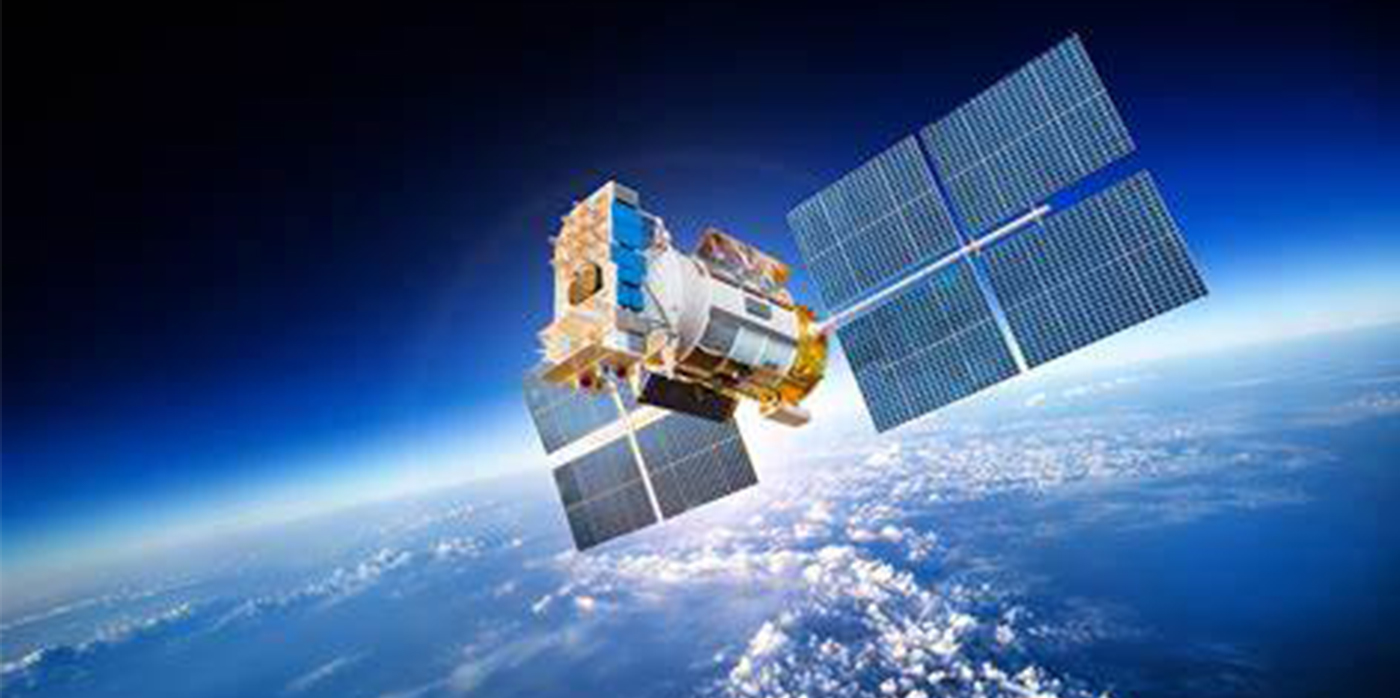DASA Launches First Call of Year-Long Space to Innovate Campaign
The ‘alpha drop’ is the first in a year-long series of calls to support proposals for novel and innovative future space technologies.
The Defence and Security Accelerator (DASA) is part of the UK Government’s Ministry of Defence. The Accelerator helps public and private innovators develop their ideas into exploitable products and services for defence and security customers, and experiments with novel methodology and innovative approaches to help accelerate the delivery of the best solutions.
DASA has launched the first ‘drop’ under its Space to Innovate Campaign, which consists of a year-long series of ‘challenge drops’ that will find and fund solutions to major space hurdles. The objective is to fund research into space technologies that may not otherwise be developed within the civil space industry.
Proposals under the ‘alpha drop’ are invited for the following two challenges:
Challenge 1: Visualisation tools to enable space operators to exploit information gathered from multiple data sources.
DASA is looking for novel solutions that could help to address issues such as:
- Enhancing the situational awareness around an object
- Understanding and monitoring manoeuvres and changes of objects in orbit
- Streamlining ingestion issues with multiple data sources and different naming conventions
- Using machine learning to enhance understanding and interrogation of the data presented and make sense of results
- Visualising uncertainty in data
Challenge 2: Novel methods for characterising objects in space and their intent.
DASA is looking for novel solutions that could help to address issues such as:
- Detecting changes of state (eg translational manoeuvres, transmissions, attitude changes, form factors, spawned objects, ‘active/inactive’) and predicting future changes
- Exploiting non-traditional sensor configurations including bi- or multi-static configurations and the repurposing of existing facilities
- Technologies that allow resolution of individual features on an observed satellite, inferring information regarding payloads
- Observing the interaction and cooperation between satellites in formation in LEO or geostationary Earth orbit (GEO)
- Satellite overflight warning of Earth observation missions (featuring electro-optical, synthetic aperture radar, electronic intelligence or other technologies) primarily in LEO
- Asset protection for high value satellites operating in GEO
Funded projects are expected to achieve at least Technology Readiness Level (TRL) 3 (proof-of-concept) by the end of contract but can potentially reach up to TRL 6 (demonstration in a relevant environment) in later drops. Solutions currently at or above TRL 6 in a civilian environment may be eligible for funding where the technology requires development to operate in a Defence and Security environment (potentially lowering the TRL).
Proposals will be accepted from across the full range of suppliers including academia, small and medium sized enterprises (SMEs) and large companies, from both the UK and overseas. Successful applicants are expected to come from both the existing space sector and suppliers who have not traditionally worked in this domain. Previous experience of defence and security work is not a requirement.
For Challenge 1, contracts of up to £125,000 (ex VAT) for are available for six months, with contract completion by 31 March 2022. DASA expects to fund two contracts for this challenge.
For Challenge 2, the following values are available:
- Up to £125,000 (ex VAT) for 6 months, with contract completion by 31 March 2022
- Up to £200,000 (ex VAT) for 12 months (with a breakpoint at six months), with contract completion by 31 September 2022
- Up to £400,000 (ex VAT) for 18 months (with a breakpoint at six months), with contract completion by 31 March 2023
DASA expects to fund two to four contracts for this second challenge.
Applications should be submitted by the 4 August 2021 (12:00) deadline.

